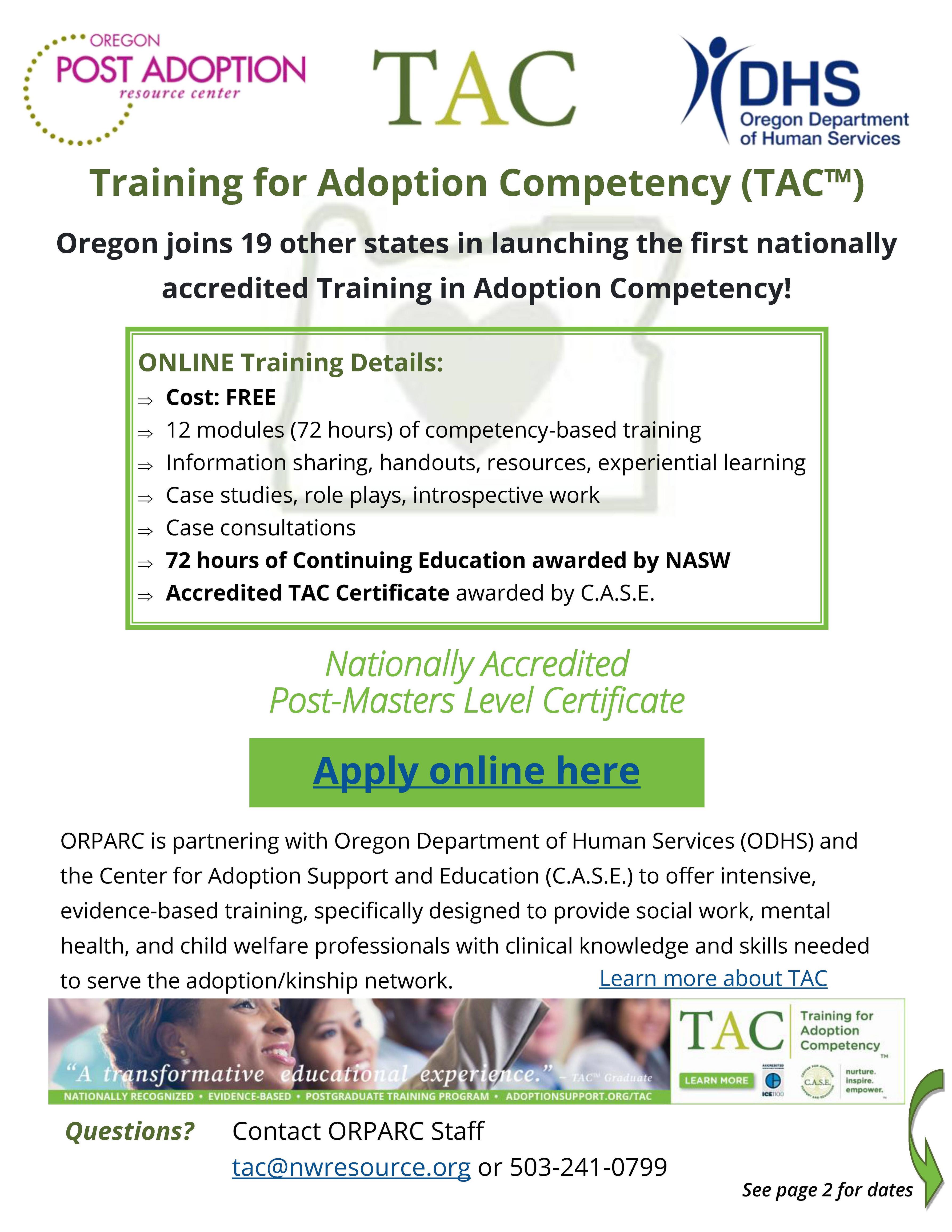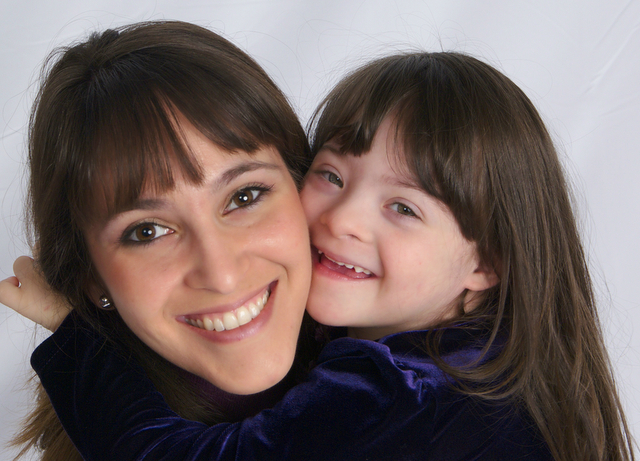
Adoptive parents are likely to ask many questions. It's completely normal to have curiosity and ask questions. It's normal and healthy. This will help you prepare for the future of your child. This article addresses common questions adopted parents should ask. It also discusses the importance of Preadoption education.
Adoptive parents are healthy to ask questions
Asking questions is a healthy way to get to know adoptive parents. Ask them about their values, and how they intend to raise their child. Ask them about their hobbies and what they enjoy doing for fun. You might also be able to inquire about their plans for the future.

Pre-adoption education
Pre-adoption education can be a crucial part of the adoption process. It is important to educate yourself about the law and procedure involved, as well as the emotional implications of welcoming a child into the family. The adoption process can be a very special and memorable experience. There are many advantages to being prepared.
Post-adoption support
Adoptive parents often need support and guidance after an adoption. These social workers can provide this. These professionals can also help parents learn how to access resources in their community. They can offer advice on how to get non-identifying information concerning the adoption of the child and how to contact relatives. They can also offer information about adoption wraparound and local programs.
Epigenetics
Early experiences in life have profound consequences on genes expression. This can affect future skills, health, resilience and health. Young children's experiences are particularly crucial. They need to experience supportive environments that foster their growth and development. High-quality health care can impact the chemistry around a child's genes. Early learning can help to activate their genetic potential.
Foster care
Foster care can be difficult and requires careful preparation. Foster care can bring joy but also sadness. The child has likely endured traumatic experiences, such as neglect, abuse, and dislocation, and adopting them into a forever family brings new challenges. Parents and children need to prepare for the transition.

Placement
After a child has been placed with adoptive parents it will take them several weeks to get used to the new environment. This is often referred to by the "honeymoon period". All family members must be present and act as best they can during this time. It is possible to feel resentful or sad during this time. However, it is important that you focus on the child's feelings in order to help them get through difficult times.
FAQ
Which parenting style is most encouraged in modern America?
Because families are changing, the traditional family model isn't as popular as it was fifty years ago. Parents have become less involved in raising children. They prefer to be with their children and spend more time alone. Helicopter parenting is a term that describes this type of parenting. This is when parents hover over their children 24/7. They don't let them do anything without supervision. They ensure that their children are healthy and fit. This type of parenting creates a lot of stress for both kids and parents. Parents feel guilty for not being there all the time, and kids feel they are missing out on their childhood experiences.
This type of parenting does not teach children how they can take care of their own health. This type of parenting teaches children to rely on their parents for everything. Instead of teaching independence and dependence, parents teach dependence. They show their children that success is dependent on adult help. Children learn that if they fail, they can blame themselves.
This leads to kids who grow up feeling inadequate and worthless. They believe they are failures because they didn't live up to expectations. And since they weren't taught how to deal with failure, they also lack self-confidence.
Another reason this parenting style isn't as popular is the decrease in two-parent households. If both parents work, it can be difficult for them to be available for their children. So many parents end up raising their kids alone.
Today, parents want happy and healthy children. Parents don't want their children to be stressed about getting enough sleep, eating right, and exercising. They want to be able to concentrate on their lives. They employ tutors, nannies, and other caregivers who will look after their kids.
They don’t want to manage every aspect their child’s life. They don’t want them to make mistakes and think they can do it all the time. They want their kids to learn from mistakes and attempt again.
Is permissive parental behavior good?
Permissive parents are not necessarily bad, but they do need to understand that children learn from both positive and negative experiences. They need to be open to accepting responsibility for what happens to their children when they fail to discipline them appropriately.
They should also be ready and willing to take legal action if their child acts inappropriately.
It is the best thing you as a parent can do for your child. Consistency is key.
These rules are necessary to raise well-adjusted adults that respect themselves and others.
How can I tell if my child needs more or less discipline?
Different developmental stages require different amounts of discipline for children.
If your child is under two years of age, spanking can be beneficial.
If your child is older, however, he/she might need more structure or guidance.
Before you make any significant changes to your parenting style, you should talk with your doctor about changes in your child’s behavior.
How do you address sibling rivalry the best?
It is not possible to avoid sibling rivalry simply by ignoring them. Instead, you should find ways to make them feel valued and loved. This will make them feel less jealous, and allow you all to have fun.
Here are some examples:
-
You can play games with them. You could play tag, hide-and-seek, tag or any other game in which they need to cooperate.
-
Special treats are a great way to show your appreciation. Give them extra pieces of cake or ice cream cones.
-
Make them laugh. Use humor, songs, and dance to make them laugh.
-
Spend quality time with your children. Go on walks together, read books or play board games.
-
Talk to them about what interests them. Ask them about their hobbies and interests.
-
Be patient. If they are fighting with one another, don't be discouraged. Try to remain calm and cool.
-
They should be praised when they do something kind for one another. Let them know you are grateful for their friendship.
What is a healthy lifestyle?
Healthy living for parents means eating healthy meals, exercising, getting enough sleep, spending time with loved ones, and having a balanced diet. This includes avoiding alcohol and drugs.
What should first-time moms know?
First-time moms need to understand how much they have to learn. They need to understand that they are not alone on this journey.
Many other women have been there. These women have gained valuable lessons from their experiences.
These women will offer support and encouragement.
They will also feel less isolated as they move into motherhood.
Is gentle parenting good?
It depends what you mean with "good." If you mean how children are treated then yes. However, if you're asking whether it's good for them, I'd have to say no. They need to be disciplined and firm at times. Otherwise, they'll never learn how to behave properly.
Children need rules and limits. These rules and limits will help children know what is acceptable behavior. They won't know how to respect others and follow directions.
I don't know which parenting style is more effective. All three styles work equally well. The key is finding the one that works best for you and your family.
What example is positive parenting?
Positive parenting teaches children how to behave by setting high standards for them and expecting them to live up to those expectations. It involves loving them unconditionally and supporting them through their struggles.
Positive parenting is teaching children how to make their own decisions, not rely on the easiest or fastest. This helps children become independent adults who can decide for themselves what they want, rather than following the advice of others.
Positive parenting means having fun with your children and encouraging them to find the joy in their lives.
Children will trust their parents if they feel loved and cared for by them. They are more likely to be happy and healthier, and less likely get into trouble.
Statistics
- Dr. Phil says, “Children should be able to predict with absolute certainty, what will happen as a result of their behavior, 100% of the time.” (parenting.kars4kids.org)
- They are even more likely to have dental cavities because permissive parents often don't enforce good habits, like ensuring a child brushes their teeth. (verywellfamily.com)
External Links
How To
How to deal with children with ADHD
ADHD is a disorder that affects attention span, motor skills (impulsive control), and hyperactivity. ADHD symptoms include restlessness, impulsiveness and difficulty paying attention. They may also have trouble listening, difficulty listening, fidgeting, squirming, difficult talking, difficulty paying attention and trouble paying attention. ADHD children also have trouble sitting still and moving around too often. ADHD children may not think clearly and act out, causing them to get into trouble. ADHD does not make your child stupid or lazy. There are many ADHD people who are intelligent and successful.
ADHD children often learn best when there’s clear rules and limits. Talk to your child's doctor if ADHD symptoms are present. His doctor may recommend medication, including Ritalin (methylphenidate), Adderall(amphetamine), and Concerta (atomoxetine). Some doctors recommend counseling for parents, teachers, and others prefer medication only.
A special education program may be beneficial for your child if he has ADHD. This school is for students with ADHD and learning disabilities. It offers individualized instruction and therapy for academic improvement. Behaviour management training should also be offered to your child. It includes positive reinforcement techniques like rewards, consequences, and punishments.
You do not need special training to work with a child with ADHD. All you need is patience. It is important to teach your child patience, to be attentive, to follow the instructions and to sit still at school. Also, try to understand why your child acts in certain ways. If your child seems to be losing interest in learning, you can ask him what his thoughts are. Make learning fun by playing games with your child or watching TV.
Your child can learn relaxation techniques and other stress-busting strategies to help them cope with stress. Encourage him to take short breaks when he is in stressful situations. Help him learn how to cope with emotions and difficult feelings.
Be patient with your child as he begins school. Assist him in adapting to new environments. He won't learn to adapt overnight. Give him lots of chances to master new tasks.